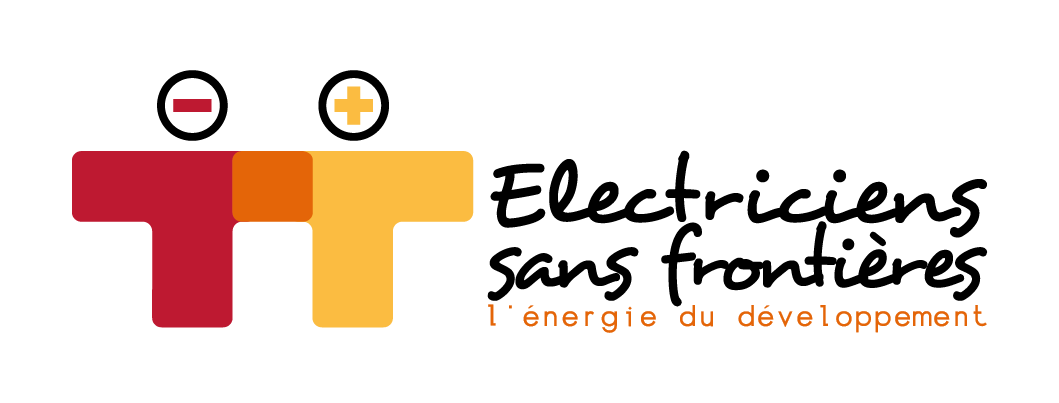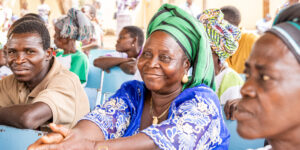Electriciens sans frontières had the honor to make a presentation as expert panelist during an online seminar organised by the Institut de la Francophonie pour le développement durable (IFDD) in parternship with the Organisation internationale de la Francophonie (OIF) and the CLUB-ER on “The impacts of rural electrification : why and how to assess them?”.
Charlotte, volunteer for Electriciens sans frontières and with PhD in economics, testified to the formal approach to assess the impacts of our actions. Here, you will find an overview of her presentation, as well as other actions carried out by our NGO on this subject.
Electriciens sans frontières, through its ongoing Café Lumière project in Madagascar, underlines the importance of integrating assessment of the social, economic and productive impacts of development projects. The methodology for assessing social and economic impacts on the communities accessing to energy services coupled to the Café Lumière solution stems from a partnership with the Foundation for studies and Research on International Development (FERDI). It will bring to light the effects of setting up a Café Lumière on the living conditions of local communities.
The methodology used is the double difference methodology, aiming at comparing the trajectory of two groups of people with a “before / after” approach. Very concretely, two randomly set samples are identified: the first one benefits from the energy solutions proposed by Café Lumière, the second one does not. This methodology enables a long term assessment of the impacts of the Café Lumière model.
This methodology inspires from randomised assessment methodologies highlighted, last October, during the award of the Nobel Prize for economics to Esther Duflo, Abhijit Banerjee and Michael Kremer. Electriciens sans frontières presented it last November at the occasion of a discussion workshop gathering researchers and practitioners on the progress in terms of identification and assessment of the impacts of decentralised electrification projects, organised by FERDI and the CLUB-ER.
Impact assessment is a requirement to ensure the relevance of the proposed model. It allows for the identification of improvement paths. Indeed, collecting very concrete/practical data enables reporting on the everyday impacts on the beneficiary communities of incoming electricity supply.
The double difference assessment methodology has proved efficient but requires a long term approach and important financial resources to implement. Today, it is still very difficult for development project promoters to find the necessary resources for long term impact assessments, which require involvement long after the projects themselves on the ground are complete.
Following our participation to the online seminar, a discussion forum is now available to exchange further on this issue. The recording of the seminar and the slides presented by our volunteer Charlotte are also available on the l’IFDD site.



